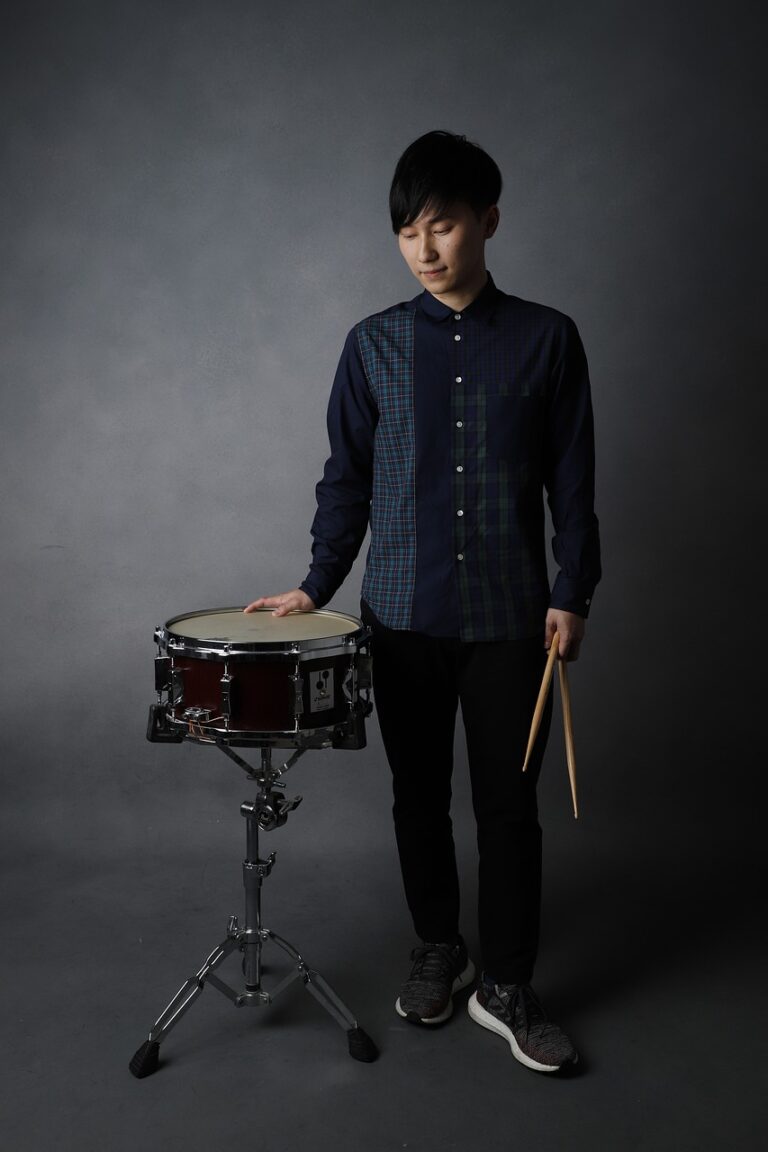The Future of AI-generated Film Directing: Automated Scene Composition and Cinematography
AI technology has made significant strides in revolutionizing the film industry, offering innovative solutions to enhance the filmmaking process. From script analysis to post-production editing, AI tools have streamlined workflows and provided filmmakers with valuable insights to craft compelling narratives. One notable example is the use of AI algorithms to predict box office performance, helping production companies make data-driven decisions to maximize profitability.
Furthermore, AI has enabled filmmakers to experiment with new storytelling techniques and visual effects, pushing the boundaries of creativity and imagination in film production. By automating mundane tasks and offering creative suggestions, AI technology empowers directors and producers to focus on the artistic aspects of filmmaking, leading to the creation of more engaging and immersive cinematic experiences for audiences worldwide.
Potential Benefits of AI-generated Film Directing
AI-generated film directing offers a revolution in the way movies are made, providing filmmakers with a powerful tool to enhance their creative process. By harnessing the capabilities of artificial intelligence, directors can streamline tasks such as storyboard creation, shot selection, and editing, leading to more efficient production timelines and cost-effective filmmaking.
Moreover, AI can offer valuable insights and suggestions based on data analysis and trends, helping directors make informed decisions that align with audience preferences. With the ability to generate recommendations for pacing, tone, and visual elements, AI technology can elevate the overall quality of films and contribute to a more engaging cinematic experience for viewers.
• AI-generated film directing streamlines tasks such as storyboard creation and shot selection
• AI technology can provide valuable insights and suggestions based on data analysis
• Directors can make informed decisions that align with audience preferences
• AI recommendations for pacing, tone, and visual elements can elevate the overall quality of films
Challenges and Limitations of AI in Film Directing
While AI technology has made significant advancements in the film industry, there are still challenges and limitations that come with using AI in film directing. One of the main challenges is the lack of human creativity and emotional intelligence that AI lacks, which can affect the ability to create authentic and emotionally impactful films. AI may struggle to understand complex human emotions and relationships, leading to a more sterile and formulaic approach to storytelling.
Additionally, the reliance on data and algorithms in AI can lead to a lack of diversity in storytelling and a reinforcement of existing biases present in the data used to train the AI. This can result in films that lack originality and perpetuate harmful stereotypes. Furthermore, the high cost of implementing and maintaining AI technology in film directing can be a barrier for smaller production companies or independent filmmakers, limiting the accessibility of AI tools in the creative process.
How is AI technology being utilized in the film industry?
AI technology is being used in the film industry for various tasks such as script analysis, casting decisions, and even generating film trailers.
What are some potential benefits of AI-generated film directing?
Some potential benefits of AI-generated film directing include increased efficiency, cost savings, and the ability to analyze large amounts of data to make creative decisions.
What are some challenges and limitations of AI in film directing?
Some challenges and limitations of AI in film directing include the potential loss of human creativity and intuition, limitations in understanding complex emotions and cultural nuances, and the need for human oversight and guidance.







